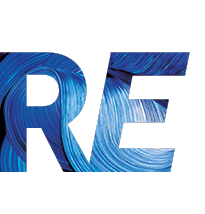
Crisis Management and Communications
Great crisis management and communications is often about more than just doubling down with your usual trusted advisers. Being able to call upon deep experience and individual expertise of crises can be vital; knowing that the person supporting you through has lived and breathed similar high threat environments.
At River Effra that is what our expert panel is designed to do, and because we are a dedicated reputation risk and crisis response advisory firm - the best advice, not influenced by other factors, is all we will give.
From major incidents, terrorist attacks, operational disasters, to international investigations, regulatory challenges and criminal prosecutions and civil litigation, River Effra brings hands on expertise in response, strategy and handling.
But the support shouldn’t just stop at experience and immediate advice - there are also principles, processes and a few critical, yet practical lessons that ensure better outcomes. That is why we train teams and put them through their paces in live test environments.
Often times, once a crisis response kicks off in earnest, everyone is mobilised, teams are executing, yet no-one steps back to ask the core question of what it actually is that you are trying to achieve. All too often that is left unclear… beyond ‘we are dealing with the crisis’. This can leave a gaping hole in ensuring alignment of the troops, supporters and audiences. Let alone, giving pause for thought as to whether that unwritten objective is even possible, or sensible.
Once there is clarity of objective, an organisation can then develop coherent response strategies. This enables teams to deliver what they do best and allows the leadership the space to take the critical decisions that will likely guide the outcomes. And this needs to be enacted upholding the principles and values of the organisation, not forgetting that all crises involve human beings and that demands a human voice.
None of the above is rocket science, but so much of it is about muscle memory and understanding leadership behaviours. That is why being able to draw upon experts who are trusted, because they live and breath crises at the sharp end, is so important. When facing into real challenge and threats, why wouldn’t you employ the best?

